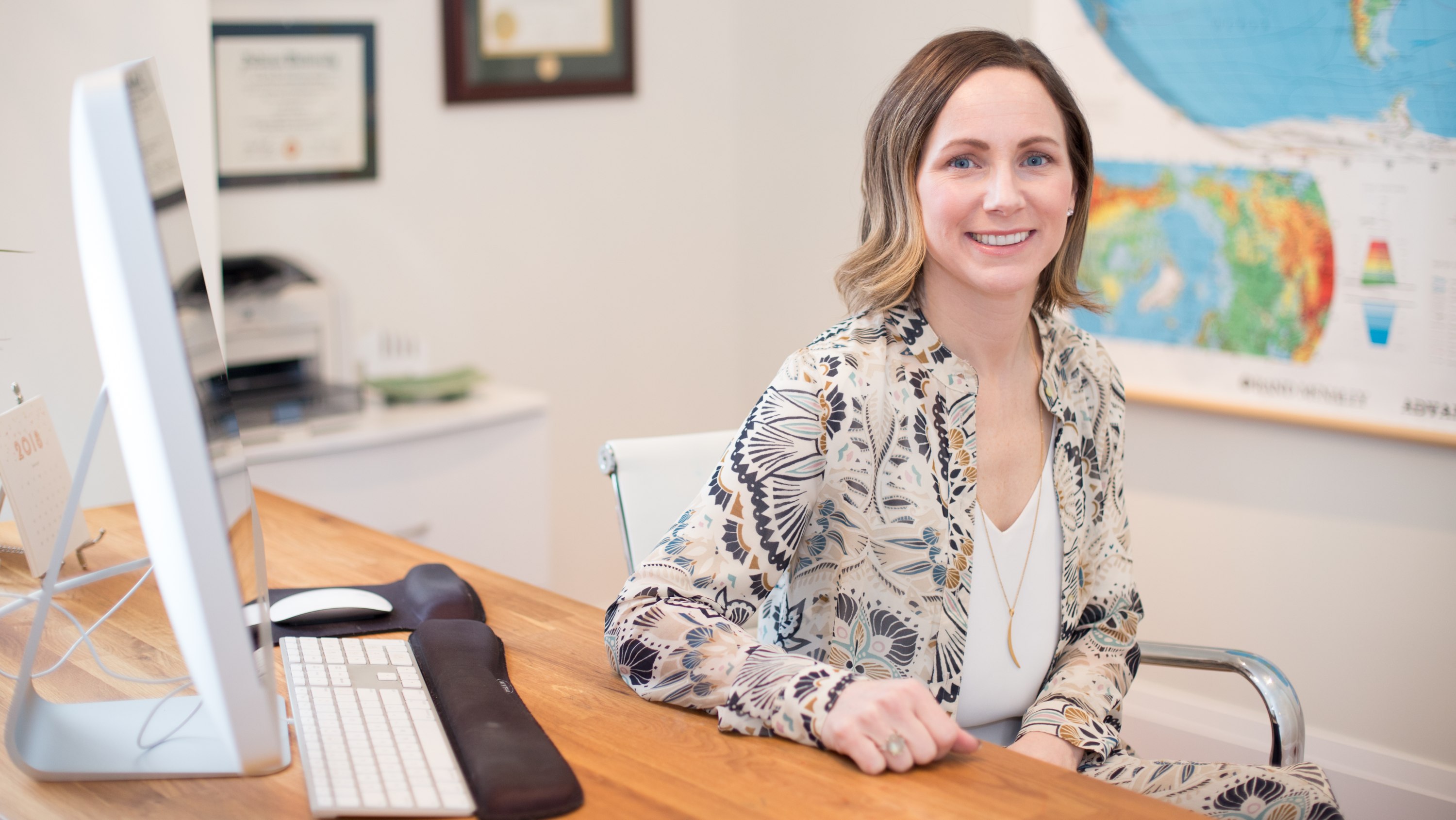Teiotsatonteh Diabo really understood her influence on the younger kids in her community of Kahnawà:ke, Que., when she saw their hair.
“I had really long, dark hair and I cut it,” she said. “Then I noticed a bunch of the younger girls had all cut their hair, too. They really look up to me.”
For three years, the now-18-year-old volunteered as part of the Indigenous Youth Mentorship Program, a community/university partnership that brings together 1,500 children and 800 youth mentors for a health-based after-school program in 50 communities across five provinces.
Diabo knows she had an impact on much more than the hairstyles of her elementary school charges.
“We would play a physical activity like dodgeball with them to get them moving, get them laughing, because they’d been sitting at a desk all day in school,” Diabo explained. “We’d give them a little snack, something healthy like frozen yogurt to re-energize them, and then we’d have a craft for them to do.
“We constantly made new things for them to keep it interesting and keep them coming back,” she said.
The program builds on the strength of the youth and the communities, according to Kate Storey, associate professor in the School of Public Health, Stollery Science Lab Distinguished Researcher and member of the program’s leadership circle.
“If you were to walk into an IYMP program, you may see sweat and smiles,” she said. “But you will also see a much deeper connection and relationship-building that's centred on Indigenous philosophies and culturally affirming educational principles like the Circle of Courage and the four Rs (Respect, Relevance, Reciprocity, Responsibility).”
“It is focused on the mental, spiritual, emotional and physical components of health,” Storey said.
High school mentors and their younger elementary-aged peers talk about the experiences they've had in the Indigenous Youth Mentorship Program. (Video: WCHRI)
“You gain a lot of leadership and life skills”
What started as a program to help bring down high rates of Type 2 diabetes in Indigenous communities is now yielding many other benefits, especially for the mentors, Storey said.
Diabo is taking a year off from school while she considers her career path, but she now knows it will involve working with children, something she had never considered before volunteering as a mentor.
“Without IYMP, I would never have known how great I am with kids or how entertaining and fun the kids could be — to basically hang out with them,” Diabo said. “I may become a teacher or a school counsellor. I’m undecided but more than likely I will work with kids or the young adults in our community. I found I really enjoy it.”
That mentoring experience helped Diabo get summer jobs as a camp counsellor, and she now works part time running drop-in programs at the Kahnawà:ke Youth Centre. Her friend, and former Kahnawà:ke mentor, is studying to be a nurse. Another is at school to become a social worker.
“You gain a lot of leadership and life skills,” Diabo said. “I can give speeches now, no problem. I can talk in big crowds because I’m used to it. I can lead an activity. I’m better at planning. I would totally recommend it to anyone.”
“It’s aimed for the younger generation, but the older ones who are putting it together and volunteering their hours for it, they always leave with something else as well.”
Building on success
The Indigenous Youth Mentorship Program is guided by a national advisory circle of Elders, partners and youth from across Canada. It’s offered in 35 Alberta communities, thanks to support from the Stollery Children’s Hospital Foundation through the Women and Children's Health Research Institute, which is celebrating its 15th anniversary this fall, and other supporters.
Storey’s research program helps IYMP expand to new communities by providing data on what works and what doesn’t. Her team’s most recent paper uncovered five key characteristics of success: a sense of ownership by those delivering the program, inclusion of Indigenous Elders/knowledge keepers, establishing trusting relationships, open communication among stakeholders and adequate funding.
The next step, Storey said, will be to enhance the benefits for mentors by providing high school credits for their volunteer hours, further developing their employment skills and building on their social networks.
One of the highlights for Teiotsatonteh Diabo was the opportunity to meet other young Indigenous mentors from across Canada at a planning meeting in Winnipeg in 2019. Although the program is delivered slightly differently in each community, she felt a real sense of belonging when she realized how widespread it was.
“Everyone had the same general idea to give kids healthy eating, give them physical exercise, keep them occupied and make sure they’re having fun,” Diabo said. “All the different communities came together, planned it all out and then brought it back to their community.
“It was so interesting to learn that the IYMP had grown so much, come all the way here to Kahnawà:ke, and we were a part of it.”
The Indigenous Youth Mentorship Program is made possible through support by the Stollery Children’s Hospital Foundation through the Women and Children's Health Research Institute, which is celebrating its 15th anniversary this fall. Other supporters include the Canadian Institutes of Health Research, Public Health Agency of Canada, Diabetes Action Canada, Diabetes Canada, PolicyWise for Children & Families, Saskatchewan Health Research Foundation, Government of Alberta and Leap-Pecaut Centre for Social Impact.
